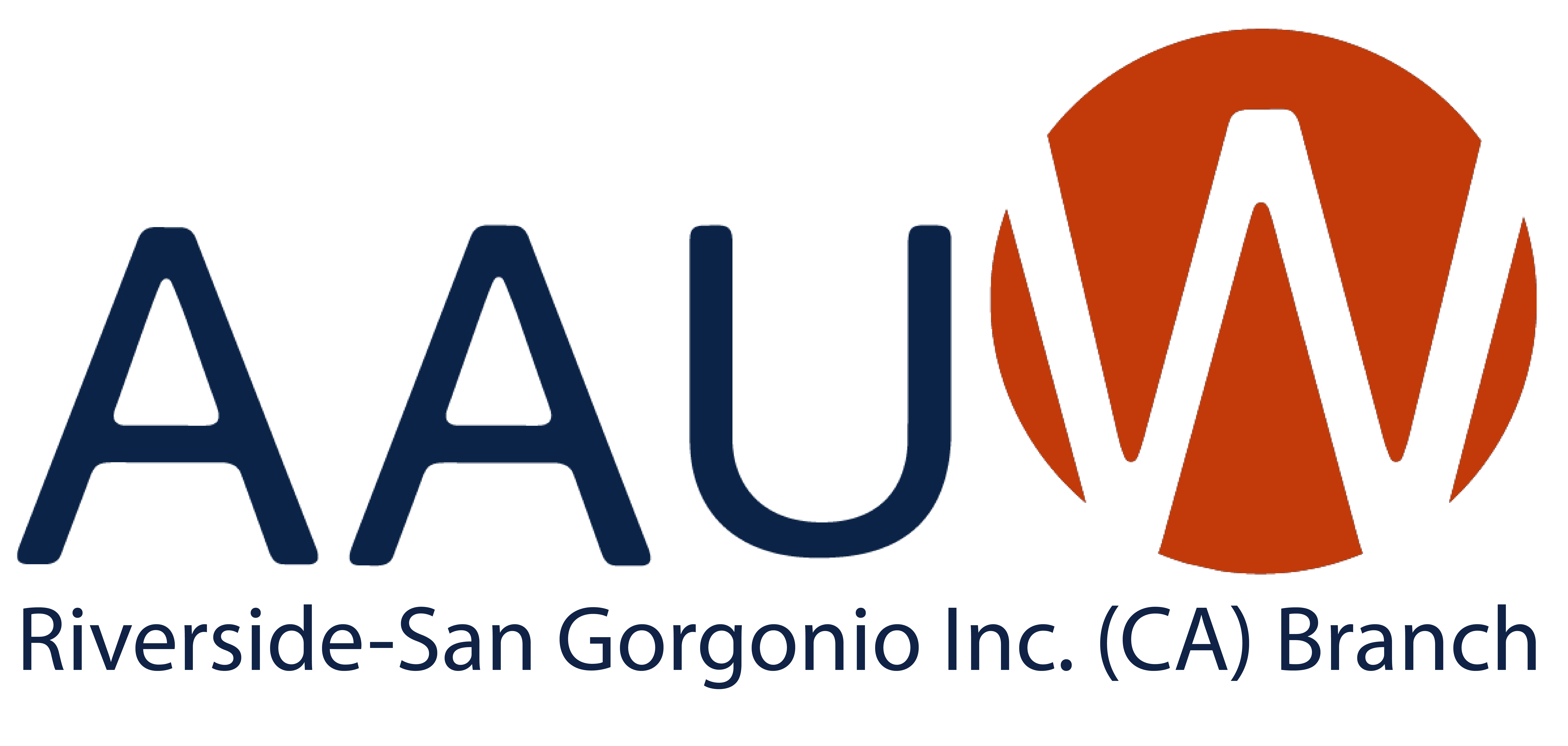Submitted by Ann Kasper, written by Irwin Parent
Partisanship in Congress Stops Progress on Issues
Rather than deal with the pressing issues facing the country such as continuing high unemployment, Congress has been focusing on the debt ceiling. Many members are demanding major cuts in all aspects of the federal budget, including entitlement programs such as Medicare and Social Security, as a condition for approving an increase in the debt ceiling. Little to no study has been made on the longer-term implications of the cuts being proposed. In the absence of a well-thought-out plan, it is frightening to consider the consequences of these hasty decisions. Of particular concern to AAUW are potential changes to Social Security, such as reduction or elimination of benefits and the potential of privatization. Protecting and strengthening Social Security, one of our nation’s best anti-poverty programs, is particularly important to Women. All AAUW members should be concerned about the partisanship that is so divisive both in California and in Congress. Communicate with your elected representatives using Action Alert on the www.aauw.org website. Demand that they engage in reasonable dialogue and compromises that will constructively move California and the nation forward.
A Critical Time in California Public Policy
Every public policy principle for which AAUW-CA stands is under attack both in California and in Washington, D.C. – California Budget Cuts Education and the Safety Net
AAUW-CA, in its Position Paper on the California Budget 2011-2012: Revenue, Reductions, Reforms called for the extension of temporary taxes due to end June 30, 2011, as well as cost-saving reforms and expense reductions. However, due to uncompromising partisanship in the Senate and Assembly, the tax extensions did not pass due to the required 2/3 vote. Instead, the state’s 2011-2012 budget reflects assumptions that the economy will improve, thus generating additional tax revenues, but with huge cuts in services as the means to expense reductions. The cuts already agreed upon have dealt a huge blow to services to the poor, elderly and disabled in California. In addition, severe cuts have been made to college and university funding that will require significant tuition increases on campuses. The continuing unfavorable economic outlook raises doubts about whether the revenue assumptions can be realized.
AAUW-CA continues to believe that this approach to achieve a balanced budget is an unreasonable solution, and harmful to all state residents. Sheila Kuehl, former California Senator and a budget expert, who spoke at the AAUW-CA Convention in April, states the choices succinctly on her website: “Under virtually any scenario, the most vulnerable in the state seem slated to continue to suffer a lack of support for even their most basic needs, while the people of California decide whether they are only for themselves, individually, or whether they are a part of a larger community – the old California in which we share the burdens and benefits of caring for our own. Each of these budget “buckets” – education, higher education, CalWORKS, healthcare, emergency services – all of them are intertwined, none stands alone. Time will tell if the people of California see it this way, or if they will continue the fragmentation and dissolution signified by their votes (many of them against their own best interests) on the continuing plethora of initiatives.”
